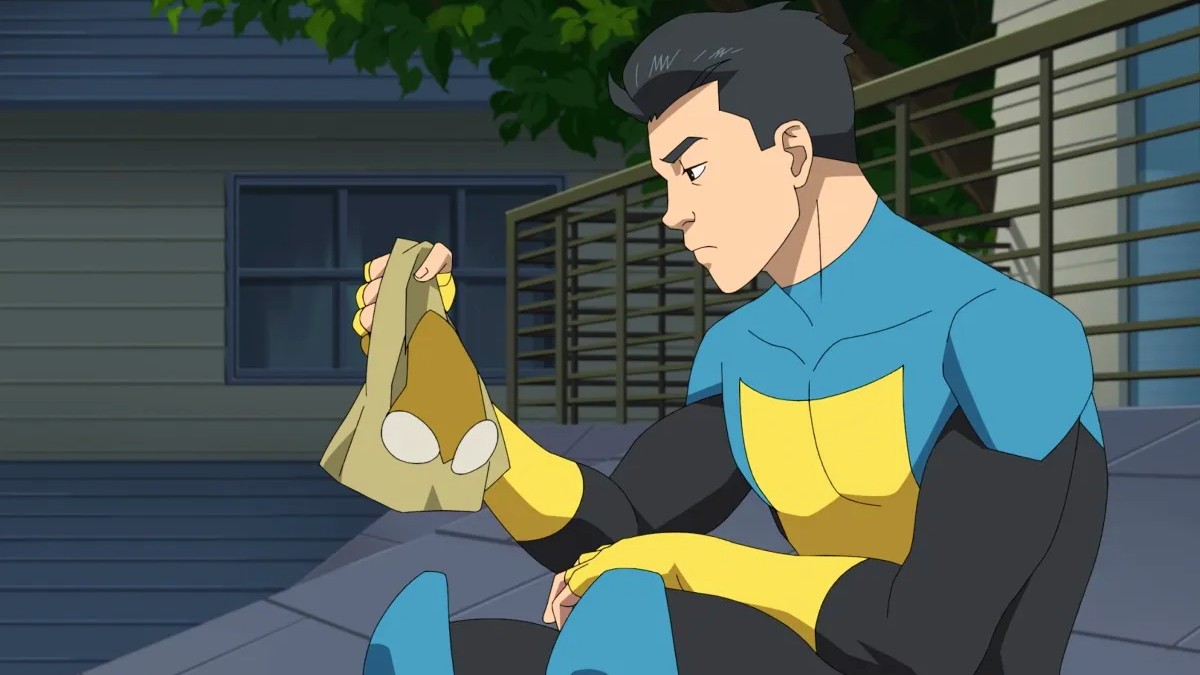The New York Times, like many print publications, is at a weird crossroads with respect to new tech: On the one hand, they’ve got a great digital operation and a lot of tech-savvy reporters; on the other hand, they try to maintain old standards which by definition conflict with newer terms and practices that weren’t around when those standards were established. Throw Twitter into the pot, and kaboom! Confusion.
A memo from New York Times standards editor Phil Corbett obtained by The Awl’s Choire Sicha puts some of that confusion to rest, although some folks may disagree with its conclusion: The Times is banning the Twitter-centric use of the word “tweet” as a noun or a verb.
How About “Chirp”?
Some social-media fans may disagree, but outside of ornithological contexts, “tweet” has not yet achieved the status of standard English. And standard English is what we should use in news articles.
Except for special effect, we try to avoid colloquialisms, neologisms and jargon. And “tweet” — as a noun or a verb, referring to messages on Twitter — is all three. Yet it has appeared 18 times in articles in the past month, in a range of sections.
Of course, new technology terms sprout and spread faster than ever. And we don’t want to seem paleolithic. But we favor established usage and ordinary words over the latest jargon or buzzwords.
One test is to ask yourself whether people outside of a target group regularly employ the terms in question. Many people use Twitter, but many don’t; my guess is that few in the latter group routinely refer to “tweets” or “tweeting.” Someday, “tweet” may be as common as “e-mail.” Or another service may elbow Twitter aside next year, and “tweet” may fade into oblivion. (Of course, it doesn’t help that the word itself seems so inherently silly.)
“Tweet” may be acceptable occasionally for special effect. But let’s look for deft, English alternatives: use Twitter, post to or on Twitter, write on Twitter, a Twitter message, a Twitter update. Or, once you’ve established that Twitter is the medium, simply use “say” or “write.”
(via The Awl)







